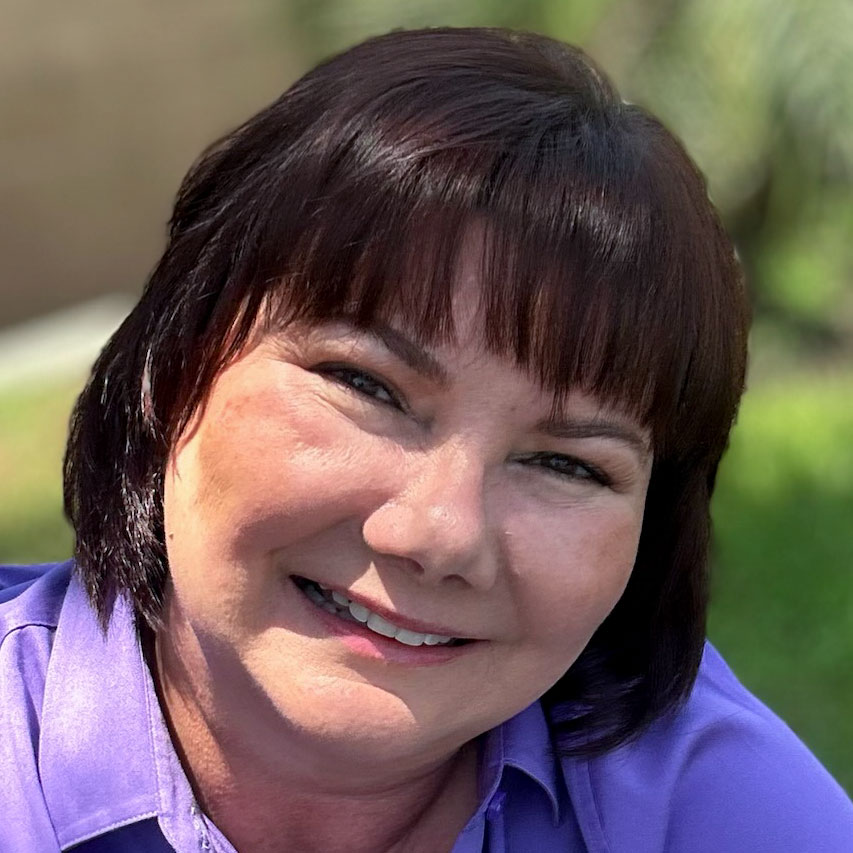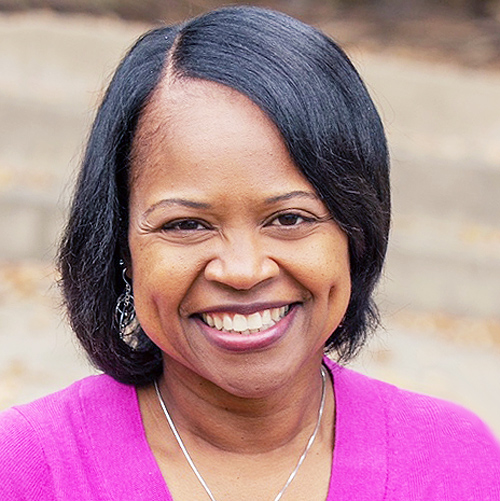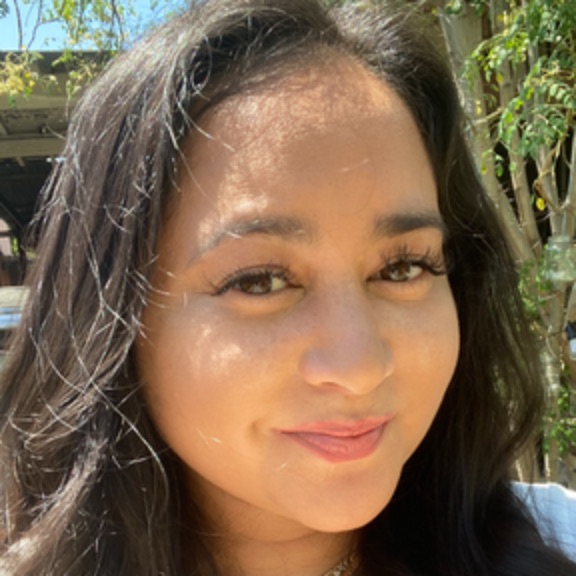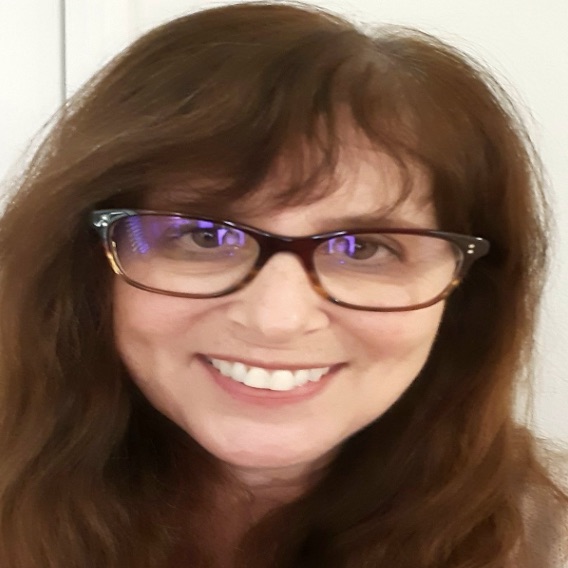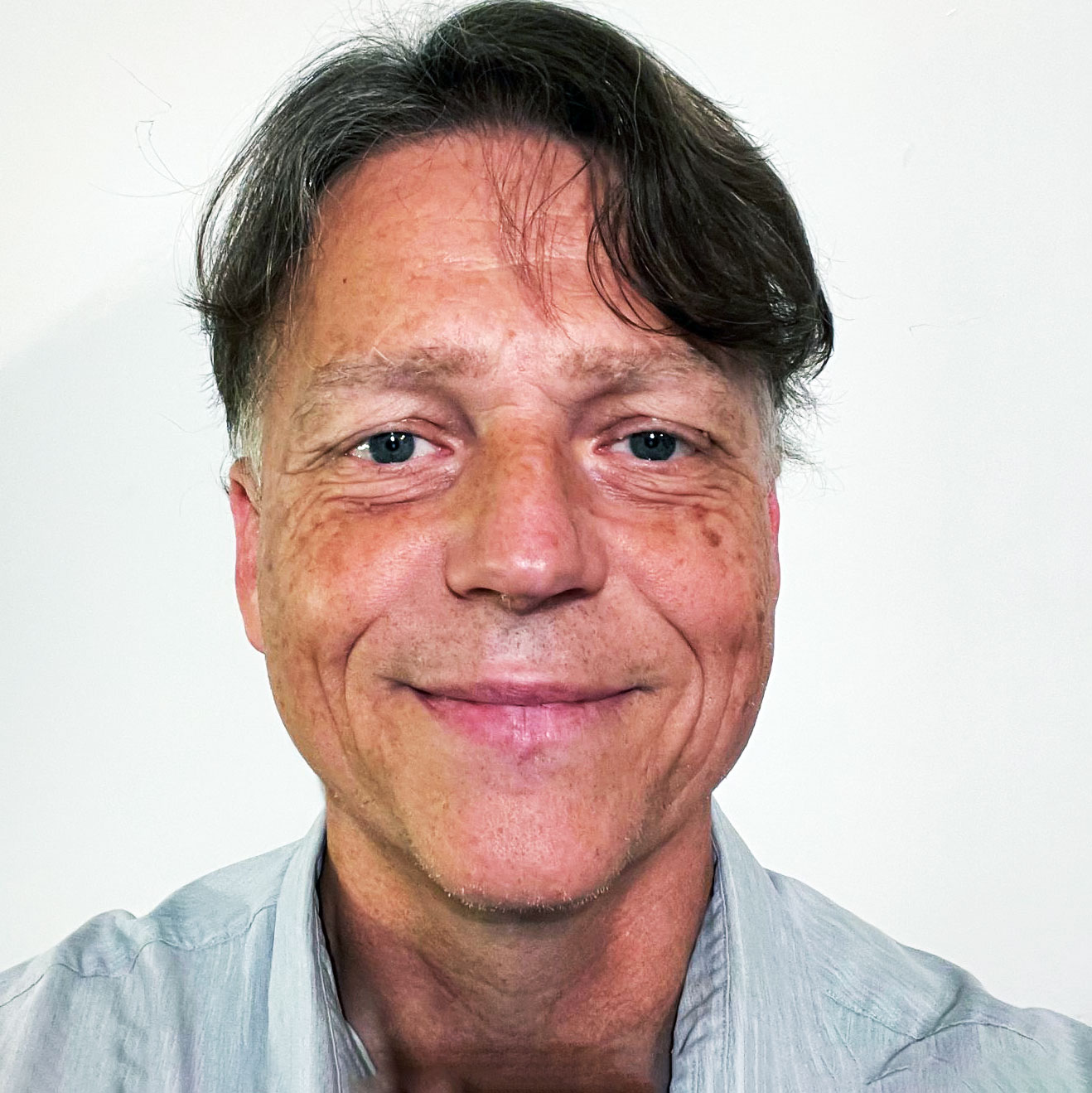Starting Your Trauma Therapy Journey in Los Angeles
Starting trauma therapy in a city as large and diverse as Los Angeles can feel overwhelming, so begin with the MiResource directory to narrow the field quickly. Enter “Los Angeles” to view a curated list of trauma-informed therapists and programs across neighborhoods from Downtown and Koreatown to the Valley and the Westside. You’ll see up-to-date profiles with specialties, locations, and contact details so you can focus on options that truly fit your needs.
Use MiResource’s filters to match with the right clinician by therapy approach (such as EMDR, TF-CBT, CPT, or somatic therapies), insurance accepted (including Medi-Cal and major commercial plans), and current availability. You can also refine by in-person vs. telehealth, languages spoken, cultural focus, and sliding-scale fees to align care with your budget and identity. These tools streamline the process so you spend less time searching and more time connecting with a therapist who understands trauma and your goals.
Choosing a therapist in Los Angeles improves accessibility, scheduling, and cultural fit—shorter commutes, compatible hours, and familiarity with local communities all support consistent care. Finding someone who understands LA’s cultural landscape, from immigrant and LGBTQ+ communities to creative and first-responder populations, can deepen therapeutic rapport. With MiResource, you can compare local providers side-by-side and reach out directly, making it easier to start and sustain your healing journey close to home.
Mental Health Resources for Trauma in Los Angeles
Trauma can affect anyone, and support is available across Los Angeles—from immediate crisis care to ongoing therapy and peer support. If you’re in danger or need urgent help, use the emergency options below; for ongoing care, explore county programs, nonprofits, health systems, and community clinics. Many services offer low-cost or sliding-scale options, and several provide specialized trauma treatment. You can also use MiResource to find licensed Trauma therapists in Los Angeles tailored to your needs.
Emergency & Crisis
- 911 — Immediate danger or medical emergency
- 988 — Suicide & Crisis Lifeline, call/text/chat
- Ronald Reagan UCLA Medical Center Emergency Department (Westwood)
- LAC+USC Medical Center Emergency Department (Boyle Heights)
- Cedars-Sinai Emergency Department (Beverly Grove)
Public & City Programs
- Los Angeles County Department of Mental Health (LACDMH) 24/7 Help Line: 800-854-7771, chat/TTY, services in many languages
- Psychiatric Mobile Response Teams (PMRT) via LACDMH Help Line
- LACDMH directly operated clinics & providers
- LA County Mental Health Urgent Care Centers (walk-in)
Nonprofits & Support Groups
- NAMI Greater Los Angeles County (classes, family/peer groups)
- NAMI Westside Los Angeles (local support groups)
- DBSA San Gabriel Valley (depression/bipolar peer groups, countywide virtual options)
- Peace Over Violence (trauma counseling for sexual/domestic violence survivors, 24/7 hotlines)
- Didi Hirsch Mental Health Services (trauma-informed care, crisis services, survivor groups)
Health Systems & Universities
- UCLA Health — Resnick Neuropsychiatric Hospital & clinics (trauma/PTSD care)
- Keck Medicine of USC — Psychiatry & Behavioral Health
- Cedars-Sinai — Psychiatry & Behavioral Neurosciences
- VA Greater Los Angeles Healthcare System — PTSD/trauma services for veterans
- Kaiser Permanente Los Angeles Medical Center — Mental Health & Wellness:
Community Clinics/Sliding-Scale
- Venice Family Clinic (behavioral health, sliding scale)
- Saban Community Clinic (counseling, low-cost)
- St. John’s Community Health (behavioral health, trauma-informed)
- Los Angeles LGBT Center — Behavioral Health Services (sliding scale)
- AltaMed — Behavioral Health (integrated care, multiple sites)
Use MiResource anytime to find licensed Trauma therapists in Los Angeles who match your preferences and insurance.
The Benefits of Seeing a Los Angeles-Based Trauma Therapist
Working with a Los Angeles–based trauma specialist means therapy is shaped by the city’s rhythms, neighborhoods, and cultures. A clinician who knows Boyle Heights, Koreatown, South LA, Westwood, and Glendale can attune to community narratives—immigration stress, entertainment-industry pressures in Studio City/Burbank, wildfire/earthquake-related anxiety, and culturally specific healing practices. In-person sessions can be timed around daily life: pop in before a shift Downtown near 7th St/Metro Center (B/D/E/A Lines), between classes in Westwood with validated parking garages, or after work in Culver City off the E (Expo) Line. Many offices are near major freeways (10/101/405/110) with onsite or validated parking (e.g., Santa Monica structures, Old Pasadena garages, Larchmont meters), and are reachable by Metro Rapid buses like the 720 on Wilshire or Big Blue Bus. Local familiarity with landmarks and events—CicLAvia street closures, Dodgers game traffic, or Dia de los Muertos at Hollywood Forever—helps plan stress-reducing, reliable access to care and integrates exposure or grounding work in real settings like Griffith Park trails, Echo Park Lake, or the Santa Monica Pier.
Therapists rooted in LA can also plug you into strong, trauma-informed networks that complement therapy: LA County Department of Mental Health’s resources and We Rise initiatives (ACCESS line 800-854-7771), Didi Hirsch Mental Health Services and Suicide Prevention Center, NAMI Greater Los Angeles County peer programs, UCLA Resnick Neuropsychiatric Hospital outpatient services, Cedars-Sinai programs, and community clinics like Venice Family Clinic and Saban Community Clinic. Survivors can access Peace Over Violence, East LA Women’s Center, Jenesse Center, and the Los Angeles LGBT Center’s mental health services. Trauma-focused training hubs such as Trauma Resource Institute in Encino and EMDRIA provider directories help match evidence-based care. With flexible scheduling near transit nodes (Hollywood/Highland B Line, K Line to Leimert Park), bike routes like the Ballona Creek path, and ample parking in neighborhoods like Sherman Oaks and Century City, in-person therapy can fit seamlessly into an LA routine while leveraging shared cultural awareness and community connection to deepen outcomes.
Understanding Trauma
Trauma is a response to deeply distressing or frightening experiences that can shape how you feel, think, and connect with others. In a fast-paced city like Los Angeles—where traffic, work pressures, housing struggles, or exposure to violence can add daily stress—many people find themselves coping with anxiety, sleep problems, flashbacks, numbness, or constant tension. The good news is that support is available throughout L.A. to help you heal and move forward.
About Trauma
Trauma is a strong emotional and physical reaction to a deeply upsetting event or situation. Common signs include difficulty sleeping, feeling on edge, unwanted memories, mood swings, or avoiding people and places that bring up reminders. In Los Angeles, trauma can affect your daily life in unique ways—like struggling to stay focused at a demanding entertainment industry job, feeling unsafe walking through your neighborhood, or withdrawing from the city’s vibrant social and cultural life. If trauma is making it hard to navigate your day-to-day in L.A., you’re not alone, and healing support is available. For more details, visit our Trauma page.
How Therapy Can Help with Trauma
Healing from trauma is possible, and therapy can help you regain a sense of safety, calm, and control. Evidence-based approaches such as EMDR, trauma-focused CBT, and somatic therapies are widely available across Los Angeles. These therapies can ease flashbacks and anxiety, improve sleep, and give you grounding skills you can use anywhere—from a stressful commute on the 405 to a quiet walk on the beach. Together with your therapist, you’ll process painful memories at a manageable pace, strengthen resilience, and rebuild trust in yourself and your relationships. Taking this step can help you reclaim your energy, creativity, and quality of life here in L.A.
Inside the Trauma Therapy Process
Your first session usually centers on sharing your story, setting goals, and creating a personalized plan. Ongoing sessions focus on building safety and stability before gently working through traumatic memories. Therapists in Los Angeles often use evidence-based approaches, including:
- EMDR (Eye Movement Desensitization and Reprocessing): Helps reduce the distress tied to traumatic memories.
- Cognitive Processing Therapy (CPT): Supports you in challenging unhelpful beliefs that keep you stuck.
- Prolonged Exposure (PE): Provides gradual, supported ways to face avoided reminders.
- Trauma-Focused CBT: Links thoughts, emotions, and behaviors to create healthier patterns.
These therapies work by calming the nervous system, reducing avoidance, and helping the brain re-store traumatic experiences as less overwhelming memories. Throughout the process, therapy is a collaboration—you and your therapist work together, whether in person at a clinic in Los Angeles or online from the comfort of your home.
Common Questions About Trauma Therapy in Los Angeles
How can I tell if I should see a Trauma therapist?
If memories, nightmares, or flashbacks make it hard to focus, sleep, or feel safe, a Trauma therapist in Los Angeles may help. You might notice irritability, numbness, or avoiding places and people that remind you of what happened. Daily life in Los Angeles—work, school, commute, or social plans—may feel overwhelming or disconnected. If these patterns last more than a few weeks or disrupt relationships, it’s a sign to reach out for professional Trauma care.
What if the first Trauma therapist I see in Los Angeles isn’t the right fit?
It’s common not to click with the first Trauma therapist you meet, even in a city as large as Los Angeles. The therapeutic relationship is key, so it’s okay to switch until you feel safe, understood, and supported. Trust your gut if the approach, pacing, or communication style doesn’t work for your Trauma needs. MiResource can streamline your search and connect you with Trauma therapists in Los Angeles who better match your preferences.
Is virtual Trauma therapy effective?
Yes—research and client experience show that virtual and in-person Trauma therapy can both be effective. Online sessions can be more accessible in Los Angeles, reducing travel time and offering a comfortable, private setting. In-person care can feel grounding and may be preferred for certain Trauma techniques. Many therapists offer both, and you can choose what feels safest and most sustainable for you.
What should I ask when choosing a Trauma therapist in Los Angeles?
Ask about their training and experience treating Trauma, including methods like EMDR, TF-CBT, or somatic therapies. Confirm licensure, availability, fees, insurance in Los Angeles, and options for virtual or in-person sessions. Discuss how they ensure safety, pacing, and coping skills during Trauma work, and how they handle crises. Ask about cultural responsiveness, LGBTQ+ affirming care, and how progress is measured and communicated.
Does Trauma therapy really help?
Yes—studies consistently show that evidence-based Trauma therapies, such as EMDR and trauma-focused CBT, reduce symptoms like anxiety, hypervigilance, and nightmares. Many people in Los Angeles report better sleep, improved relationships, and a stronger sense of control after consistent treatment. Healing is gradual, but with a skilled Trauma therapist and the right fit, meaningful change is common. You’re not alone, and help is available.




